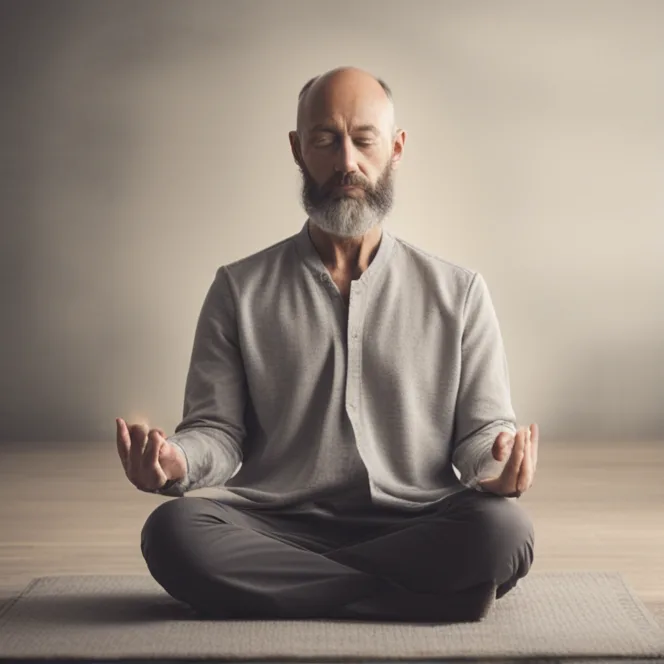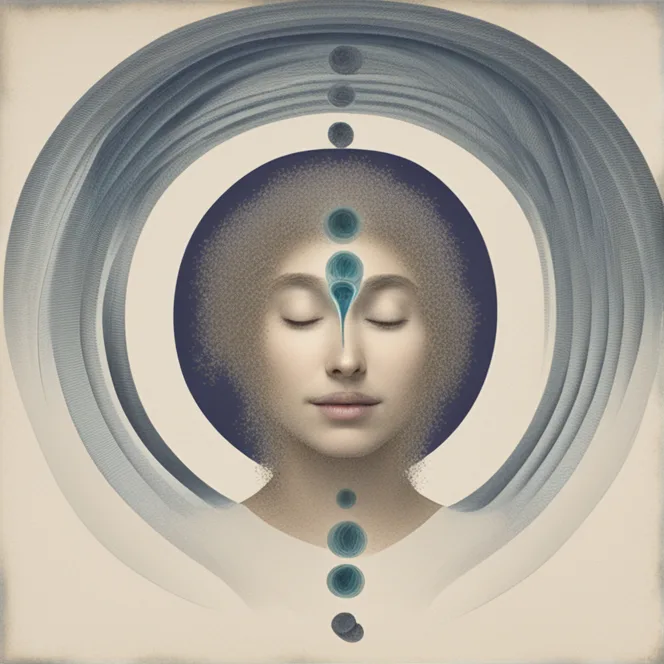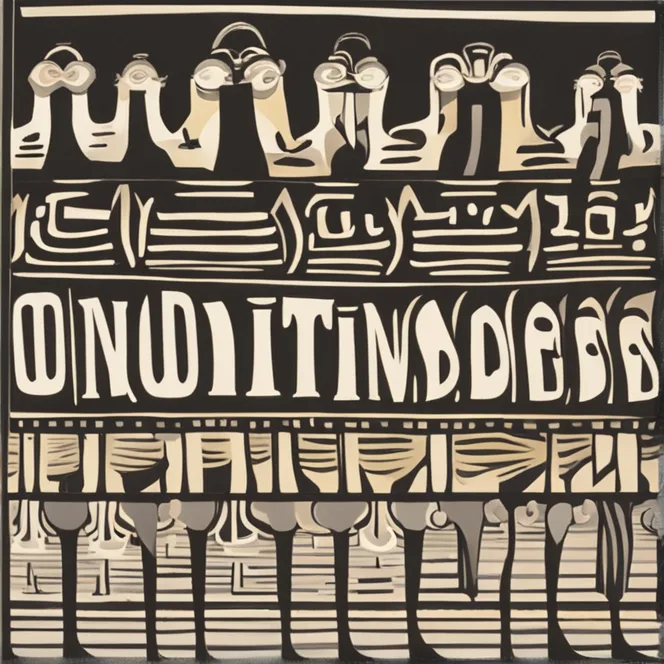
Mastering Mindfulness Skills
Discover techniques to enhance your mindfulness skills, fostering greater self-awareness and peace in everyday life.
article by Hina Kurosawa
The Essence of Mindfulness
Mindfulness is a form of mental training that entails being fully present and engaged in the now, without judgment or distraction. It's a skill that allows individuals to break free from automatic and habitual reactions to daily events. By developing mindfulness, people can become more aware of their thoughts, feelings, physical sensations, and surrounding environment. This enhanced awareness leads to a deeper understanding of oneself, promotes mental clarity, and fosters an inner sense of peace. With practice, mindfulness becomes less of a technique and more of a way of living, one that can transform our relationship with ourselves and the world around us.

Beginning with Breath
A fundamental aspect of mindfulness is learning to focus on the breath. This simple yet powerful technique acts as an anchor to the present moment. Start by finding a quiet space, sitting comfortably, and closing your eyes. Take a deep breath in, noting the sensations of air filling your lungs, and then a long, slow breath out, feeling the release of tension. Repeat this process, observing each breath without attempting to change it. Whenever your mind wanders, gently acknowledge the distraction and bring your focus back to your breath. This practice is not about achieving a state of emptiness but becoming aware of the full experience of breathing.

Engaging the Senses
Mindfulness can be enhanced by engaging all of your senses. Take a walk outdoors and notice the sights, sounds, and smells around you. Touch the leaves or the bark of a tree, and pay attention to the textures. Taste your food deliberately, savoring each bite and being fully present with the act of eating. By purposely drawing your attention to your senses, you cultivate a deeper connection with the moment. This sensory awareness grounds you in the present and can bring a richness to experiences that you might otherwise overlook.

Cultivating Non-Judgment
A vital component of mindfulness is the practice of non-judgment. When observing your thoughts and feelings, do so with a sense of curiosity rather than criticism. Acknowledge your emotions without labeling them as good or bad. This helps you develop a kinder, more compassionate relationship with yourself, which can then extend to others. By refining the skill of non-judgment, you create a space where you can experience life more openly and less reactively, allowing for a greater sense of calm and acceptance.

Integrating Mindfulness Daily
Mindfulness does not need to be limited to meditation; it can be integrated into your daily activities. Practice being present while performing routine tasks, such as brushing your teeth or washing dishes. Pay attention to the movements of your hands and the sensations against your skin. Turning routine activities into mindful moments allows you to build the skill throughout the day, making mindfulness not just a practice, but a continuous approach to life. This integration helps you maintain a mindful perspective in all that you do, increasing resilience and equanimity.
Regular Practice and Patience
Like any skill, mindfulness requires regular practice. Dedicate time each day to mindfulness exercises, whether it's through sitting meditation, mindful walking, or yoga. Be patient with yourself as you navigate this journey; mindfulness is not about perfection but about continual growth. Over time, you'll notice the benefits manifesting in your life, such as improved focus, reduced stress, and an enhanced capacity for empathy and compassion. Remember that the path to mindfulness is individual, and what works for one may not work for another—exploration and openness are key.
Published: 12/12/2023
Modified: 12/12/2023
More predictions
Come back here soon to learn more about yourself and your future


Mastering Mindfulness Training
Unlock the power of the present moment with our expert guide to mindfulness training, a tool for enhanced well-being and clarity.


Embracing Mindfulness: Teens' Guide
Navigate the teen years with mindfulness techniques that foster calmness, focus, and emotional balance in this comprehensive guide.


The Mindfulness Coach: A Path To Inner Peace
Explore the role of a mindfulness coach in cultivating a balanced, serene lifestyle amidst the chaos of the modern world.